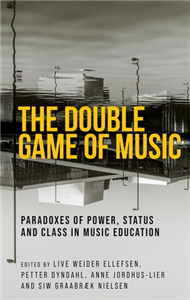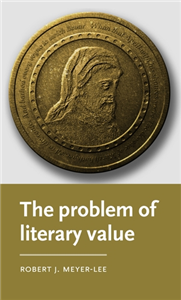Philosophy & theory of education
June 2012
Nurturing a Democratic Imagination in a Changing World
Children growing up today are confronted by four difficult and intersecting challenges: dangerous environmental change, weakening democracies, growing social inequality, and a global economy marked by unprecedented youth unemployment and unsustainable resource extraction. Yet on streets everywhere, there is also a strong, youthful energy for change.This book sets out an inspiring new agenda for citizenship and environmental education which reflects the responsibility and opportunities facing educators, researchers, parents and community groups to support young citizens as they learn to 'make a difference' on the issues that concern them.Controversial yet ultimately hopeful, political scientist Bronwyn Hayward rethinks assumptions about youth citizenship in neoliberal democracies. Her comparative discussion draws on lessons from New Zealand, a country where young citizens often express a strong sense of personal responsibility for their planet but where many children also face shocking social conditions. Hayward develops a 'SEEDS' model of ecological citizenship education (Social agency, Environmental Education, Embedded justice, Decentred deliberative democracy and Self transcendence). The discussion considers how the SEEDs model can support young citizens' democratic imagination and develop their 'handprint' for social justice.From eco-worriers and citizen-scientists to streetwise sceptics, Children, Citizenship and Environment identifies a variety of forms of citizenship and discusses why many approaches make it more difficult, not easier, for young citizens to effect change. This book will be of interest to a wide audience, in particular teachers of children aged eight to twelve and professionals who work in Environmental Citizenship Education as well as students and researchers with an interest in environmental change, democracy and intergenerational justice.Introduced by international sustainability expert Tim Jackson, the book includes forewords by leading European and USA academics, Andrew Dobson and Roger Hart.Half the author's royalties will be donated to child poverty projects following the earthquakes in Christchurch, New Zealand.Follow Bronwyn Hayward's blog at: http://growing-greens.blogspot.co.nz/


























